Welcome to Beyond Darwin
 |
| Stuart Kauffman's At Home in the Universe |
(See also At Home in the Universe and Evolutionary Latency, posts I made to another blog, for more on Kauffman's book.)
First, Copernicus and Galileo showed that we on Earth were not at the center of the universe; our Sun itself appeared to be more central than our humble planet. Kepler showed that the planets, including ours, orbited the Sun in ellipses, not perfect circles. Newton removed God from the business of guiding the planets by establishing laws of gravitation and motion that worked all by themselves. Per Kauffman: "The universe could be wound up by God and released, thereafter left to tick inevitably toward eternity under the unfolding of his law, without further intervention" (p. 6).
Later advances in astronomy and physics showed that not only was our Sun not at the center of reality, neither was the Milky Way, the galaxy of which our Sun is a minor and peripheral member star. In fact, there apparently is no center of the universe.
Then Darwin characterized man as, in effect, "the result of a chain of accidental mutations, sifted by a law no more noble than the survival of the fittest" (p. 6). For "survival of the fittest" is how Darwin's idea of "natural selection" is customarily characterized, that "blind watchmaker" which eliminates from species' populations those genetic variants which render individual organisms less suited to survive, thrive, and reproduce, given their environmental circumstances.
If we who flatter ourselves as having been made in God's "image" are but cosmic accidents, whither God? "How far we have come," writes Kauffman, "from the blessed children of God, at the center of the universe, walking among creatures created for our benefit, in a garden called Eden" (p. 10). Is nothing sacred anymore?
On a spiritual level, Kauffman echoes the Native American writer N. Scott Momaday in holding that today "the central issue we confront is to reinvent the sacred" (p. 4, italics added). By this he means we need to redevelop a "sense of our own deep worth — and reinvest it at the core of a new civilization" (p. 5).
The biologist states hopefully that, if his own bold ideas about evolution pan out, "what a revision of the Darwinian worldview [lies] before us! Not we the accidental, but we the expected" (p. 8). He is referring to his underlying premise: Nature has discoverable "deep and beautiful laws" that influence evolution's unfolding history, making it a story of inevitability and chance, not a record of pure happenstance.
Reinventing the sacred is tall talk from a scientist whose mission is mainly to play by the rules of science and show that natural selection has a "handmaiden": self-organization. Self-organization, Kauffman says, is a source of spontaneous, emergent "order for free" in all evolving, free-living, complex, adapting, nonequilibrium, matter-and-energy-dissipative systems. Organisms are such systems. So too are ecosystems and human economies.
Although on a micro level the histories of such evolving systems are fundamentally unpredictable — computer scientists would call them "incompressible" (see p. 23) — the "kinds of things" they can be expected to produce at a macro level are very possibly knowable, says Kauffman (see p. 17). There may be laws governing what typical, "robust" characteristics these living systems' otherwise unpredictable evolutionary paths will almost certainly generate.
I would offer this way to imagine it: there is an envelope of lawful knowability and predictability enclosing, surrounding, and giving shape to the random, chaotic, unpredictable peregrinations of evolutionary history which straight-up Darwinism usually emphasizes.
If Kauffman is correct, then his "search for the laws of self-organization and complexity" — the subtitle of his book — does indeed give us hope for reestablishing our cosmic worth and reinventing our sense of the sacred. Could it be that the advent on Earth of intelligent, conscious, self-aware persons was the result of spontaneous order generated by "deep and beautiful laws"? Could God be behind those laws?
Kauffman's offerings are not the only ones which have recently taken some of the spiritual sting out of evolution theory. In this blog, I hope to explore his and the others more fully.






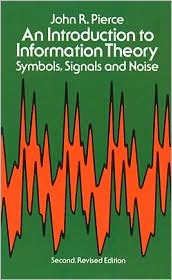

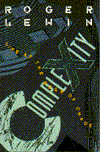
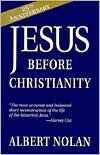
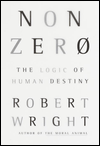

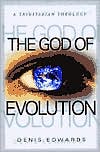

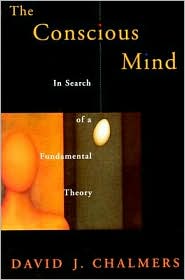
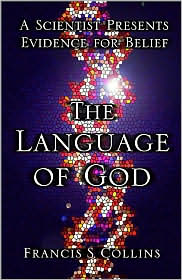


0 Comments:
Post a Comment
<< Home